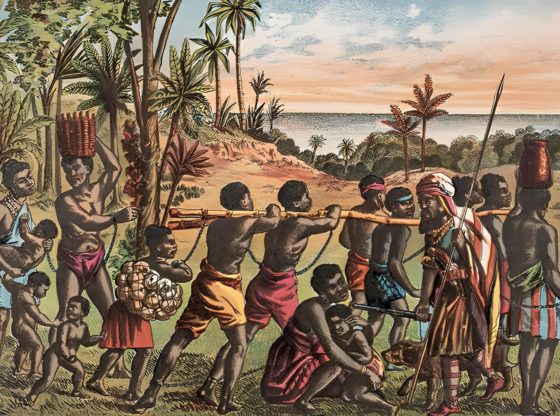Nestled in the azure waters of the Indian Ocean, the island of Mauritius beckons with its pristine beaches, lush landscapes, and a rich history that spans centuries. This tropical paradise has a storied past, woven together by the footprints of various cultures and explorers who left an indelible mark on its shores.
Early Visitors: Arabs and Malays (10th Century)
The history of Mauritius dates back to the 10th century when it became a waypoint for Arab and Malay sailors. These early visitors were drawn to the island’s strategic location and abundant natural resources. Their interactions with the indigenous flora and fauna laid the foundation for the island’s unique biodiversity.
The Portuguese Arrival (16th Century)
Fast forward to the 16th century when the Portuguese set their sights on the Indian Ocean. In 1507, Portuguese explorers discovered the island, but they did not establish a permanent settlement. Instead, they viewed it as a convenient stopover for their voyages to the East Indies.
The Dutch Legacy (1638)
In 1638, the Dutch East India Company made its mark on Mauritius by establishing a settlement on the island. Under Dutch rule, the island was named “Mauritius” in honor of Prince Maurice de Nassau. During their tenure, the Dutch introduced sugarcane and deer to the island, shaping its agricultural landscape.
The French Interlude (18th Century)
The French took control of Mauritius in the 18th century, infusing the island with their culture and language. Their influence is still evident today in the local Creole language and the island’s unique cuisine.
The British Era (1810)
Following the Treaty of Paris in 1814, Mauritius became a British colony. This period saw the development of sugarcane as a major industry, with the importation of indentured laborers from India and Africa, contributing to the island’s diverse population.
Independence (1968)
After years of colonial rule, Mauritius gained independence in 1968. Since then, it has emerged as a stable and thriving nation, known for its democratic values and economic diversification.
A Cultural Melting Pot
Today, Mauritius stands as a testament to its multicultural heritage. Its people are a harmonious blend of African, Indian, Chinese, and European influences, creating a vibrant and diverse society. Visitors can experience this cultural fusion through music, dance, festivals, and, of course, the island’s mouthwatering cuisine.
The World’s First Traveler: Ibn Battuta
Long before modern globetrotters, there was Ibn Battuta, the world’s first recorded traveler. Born in Morocco in the 14th century, he embarked on a journey that would span 30 years, taking him through Africa, Asia, and Europe. His travelogues provide valuable insights into the diverse cultures, societies, and landscapes he encountered, shedding light on the world of his time. Ibn Battuta’s adventures paved the way for future explorers, leaving an enduring legacy of curiosity and wanderlust.
Conclusion
Mauritius, with its breathtaking natural beauty and layered history, invites travelers to explore not only its picturesque beaches but also the richness of its past. From the early visits of Arabs and Malays to the colonial legacies of the Portuguese, Dutch, French, and British, Mauritius is a living testament to the tapestry of cultures that have shaped it into the paradise it is today. Whether you seek adventure, relaxation, or a glimpse into history, Mauritius offers it all against the backdrop of a tropical island like no other.
If you’re inspired to embark on your own adventure to Mauritius, look no further than MauritiusTourTravels.com. Discover our carefully crafted packages, expert guides, and immersive experiences that will ensure your journey to this paradise is truly unforgettable. Visit us today and let the magic of Mauritius capture your heart.
